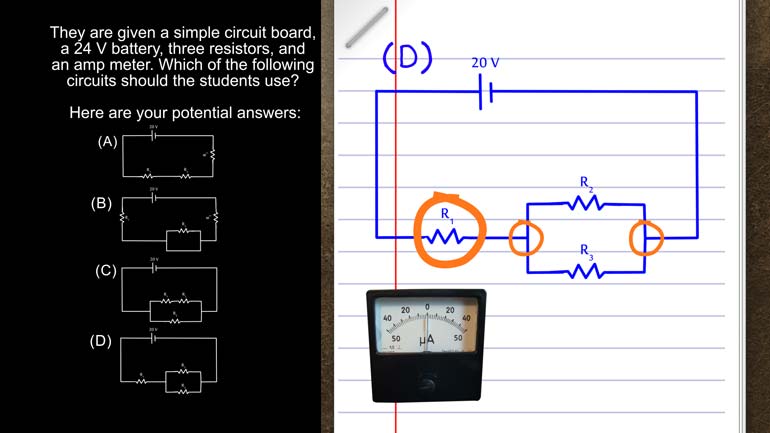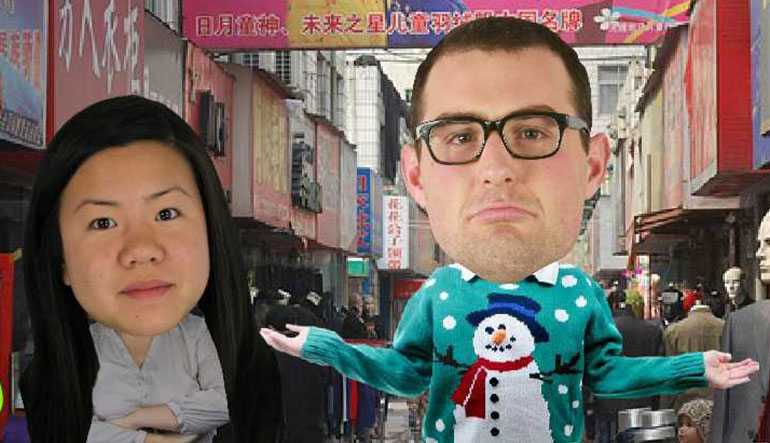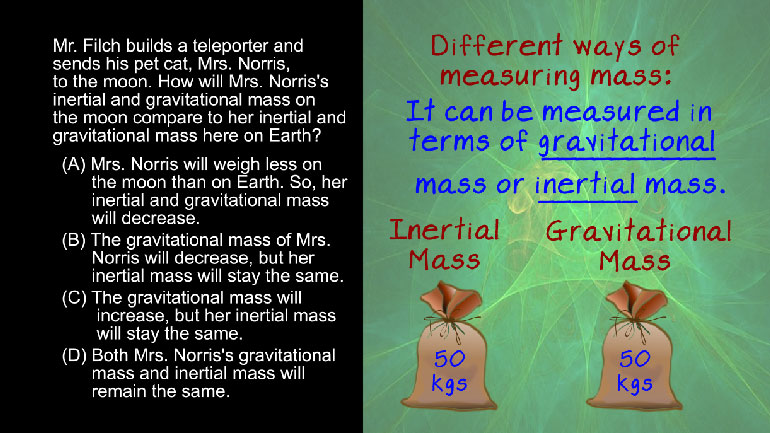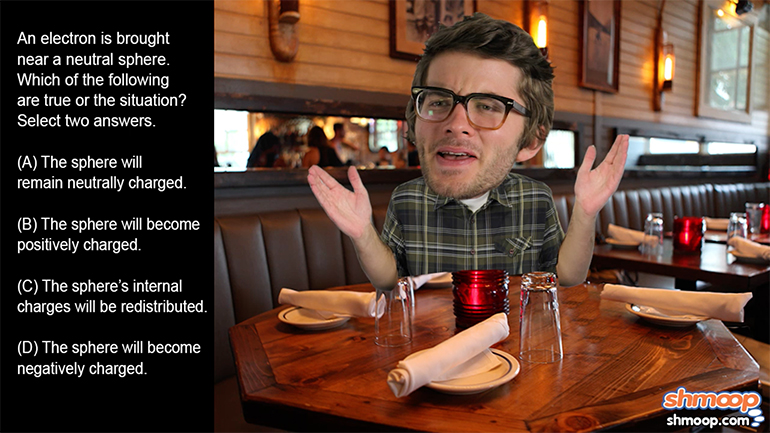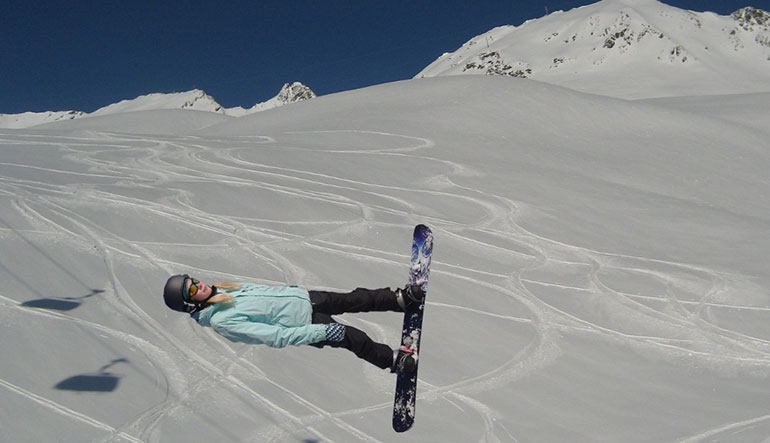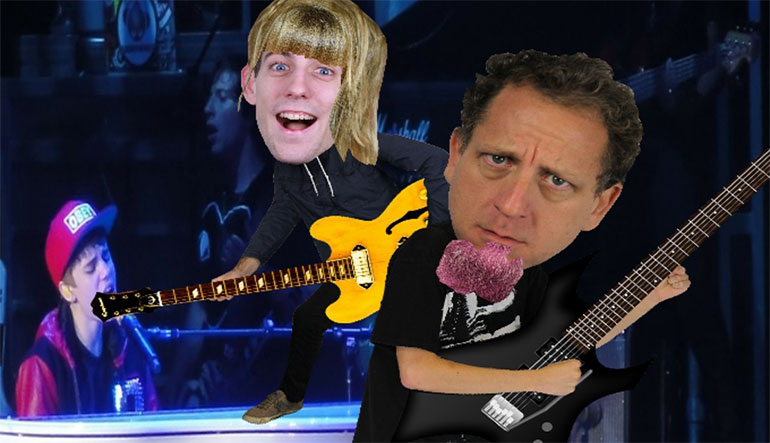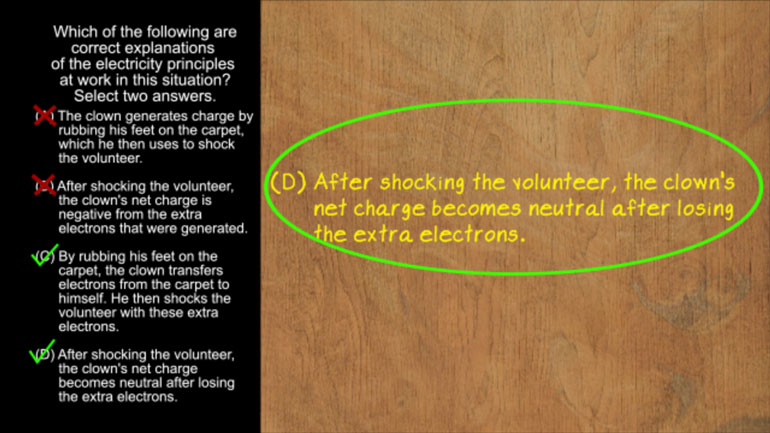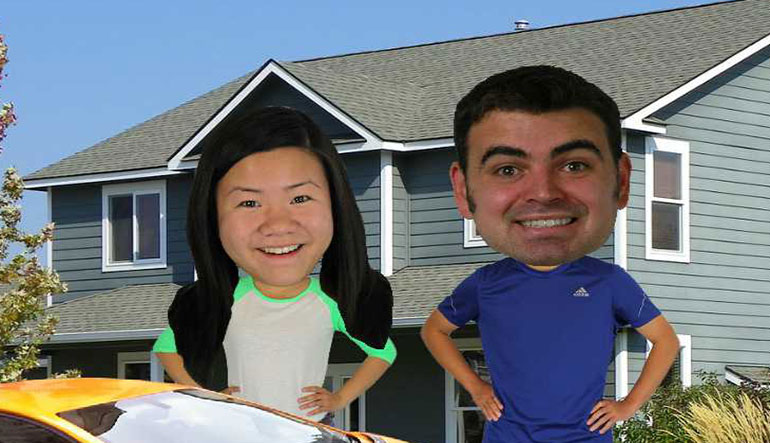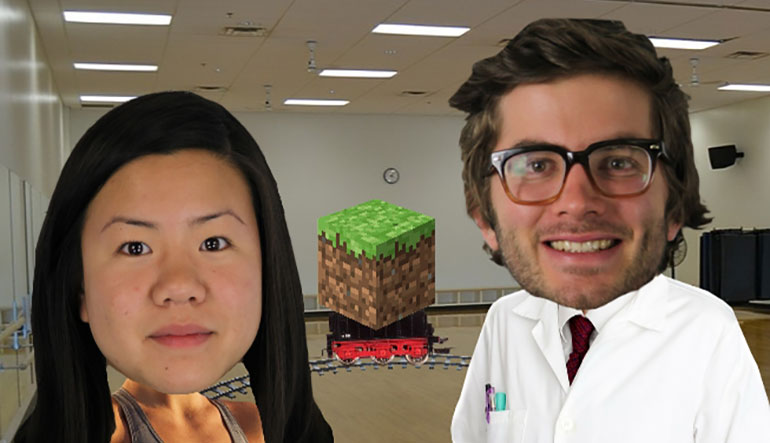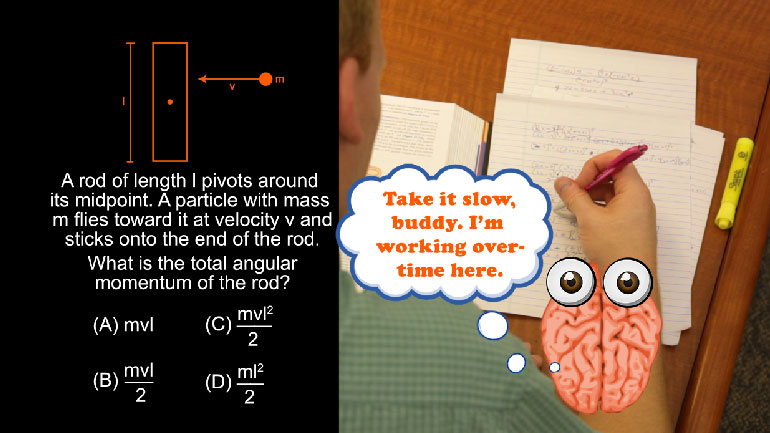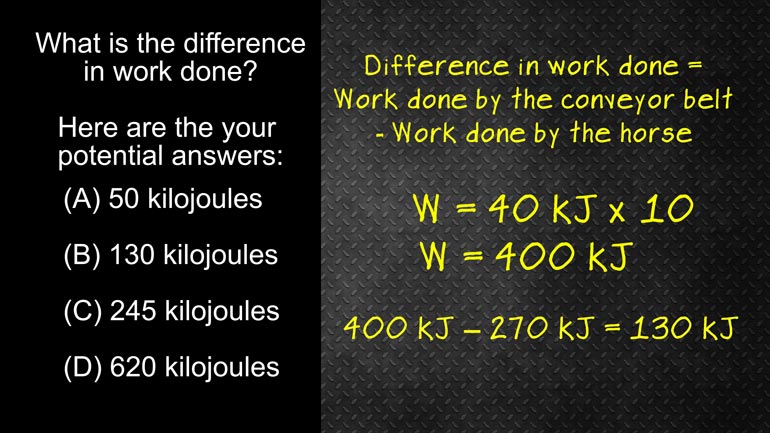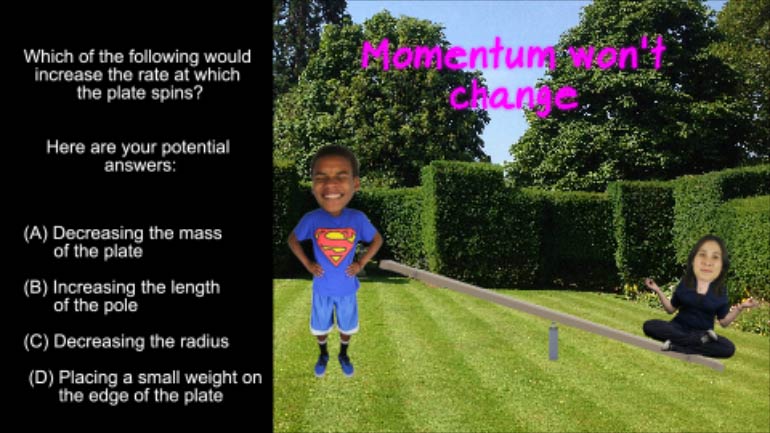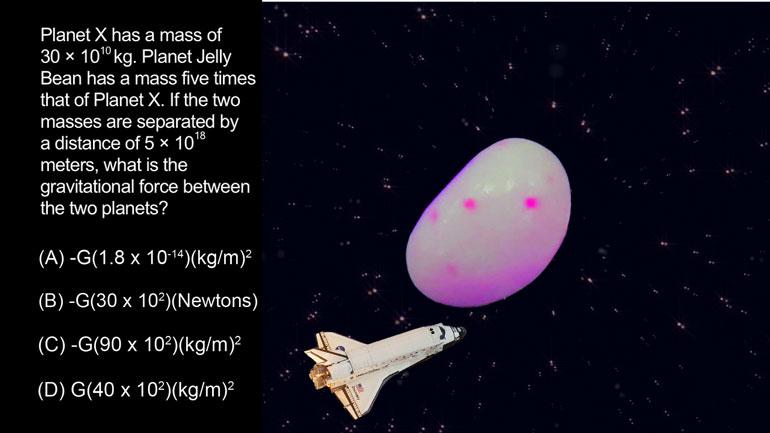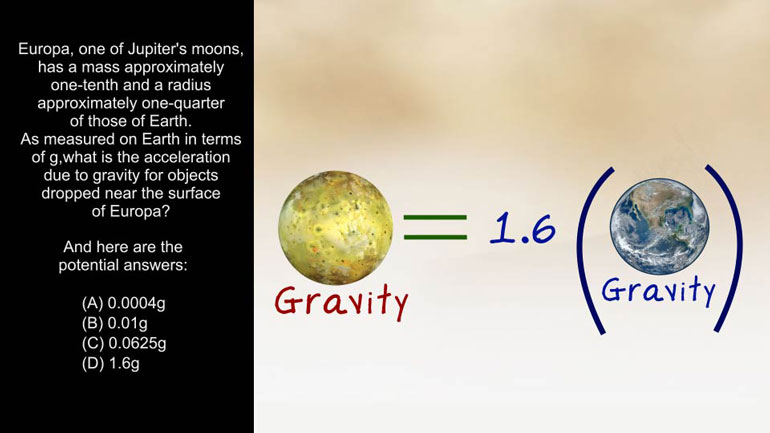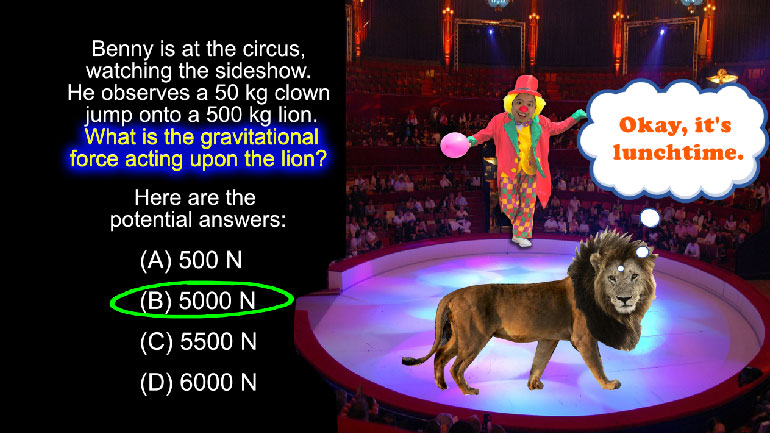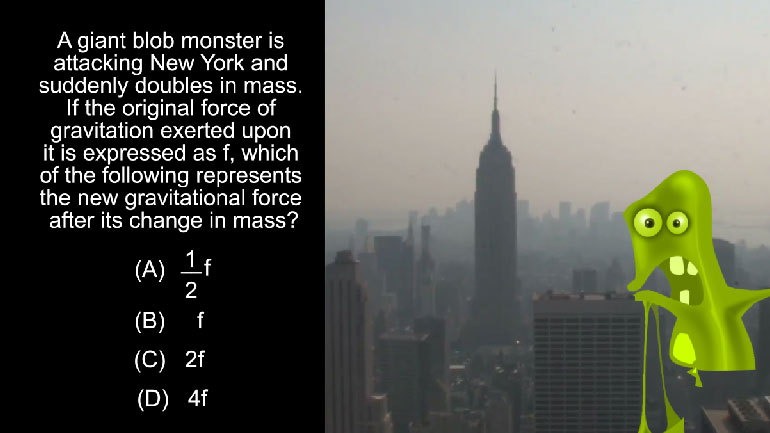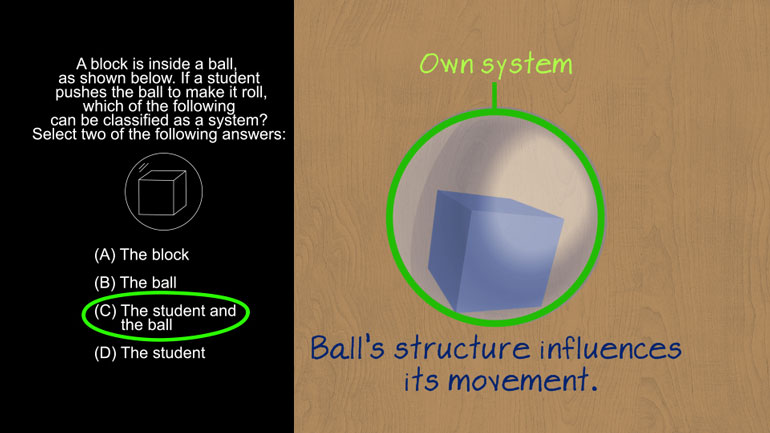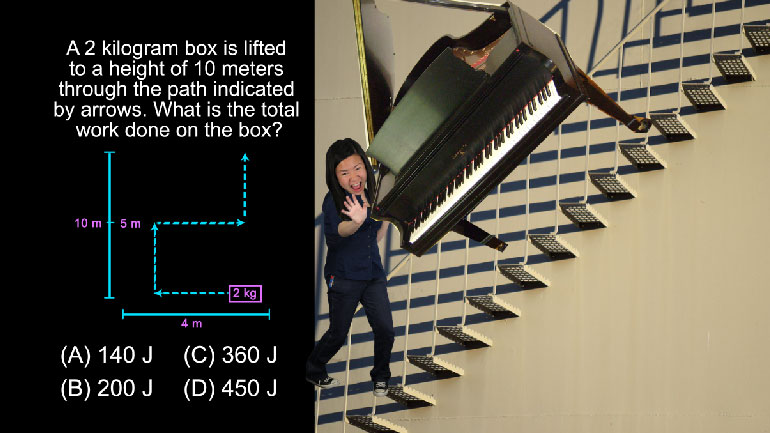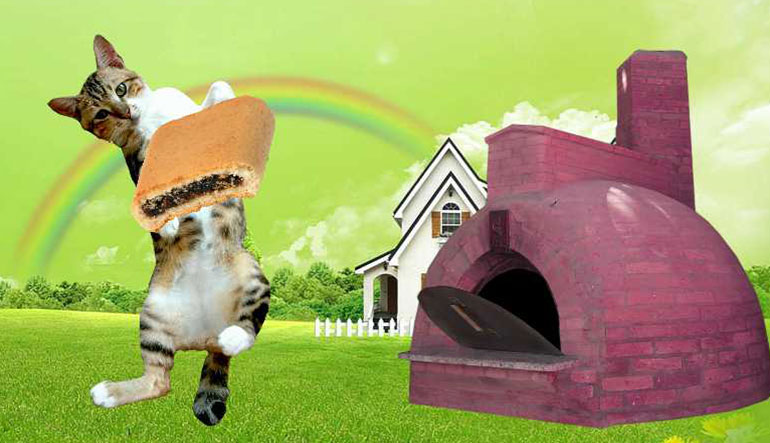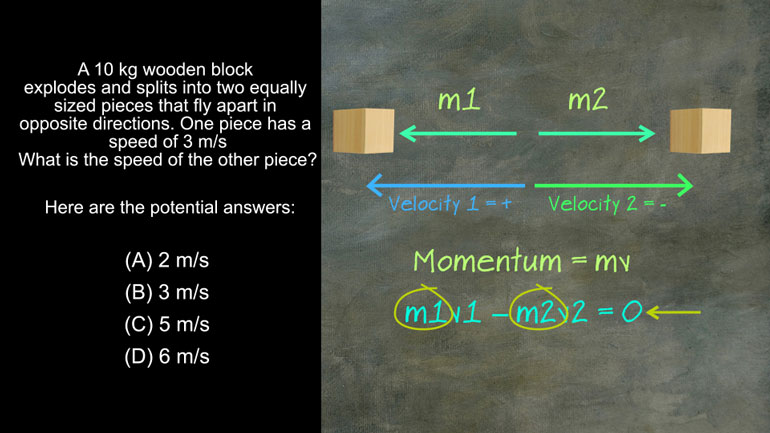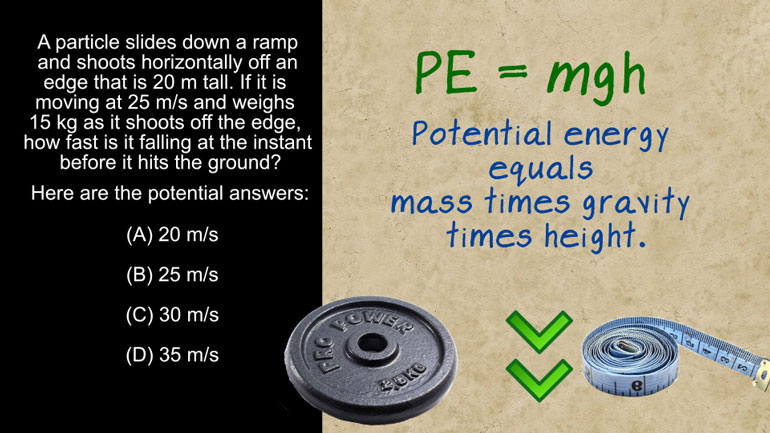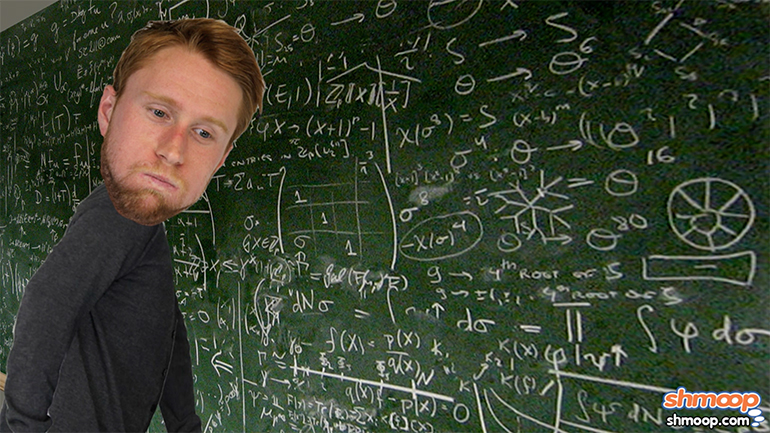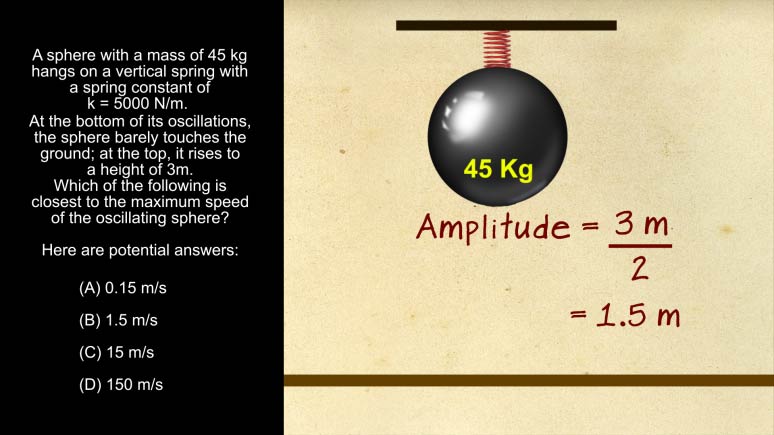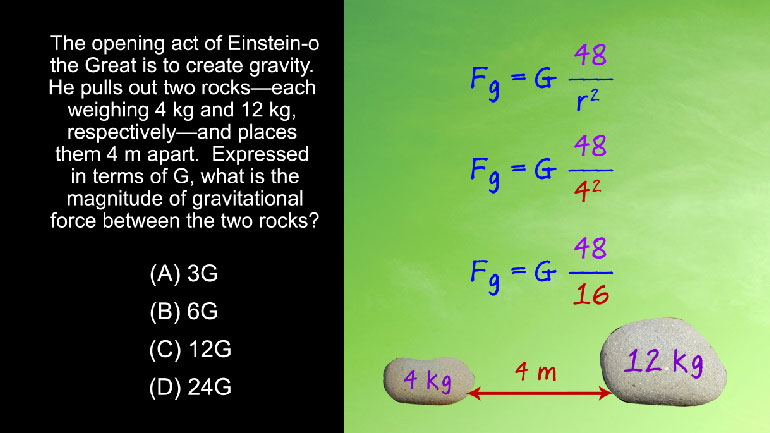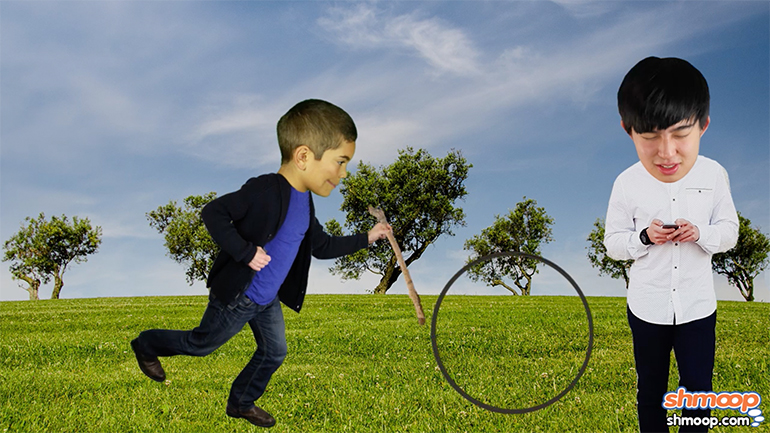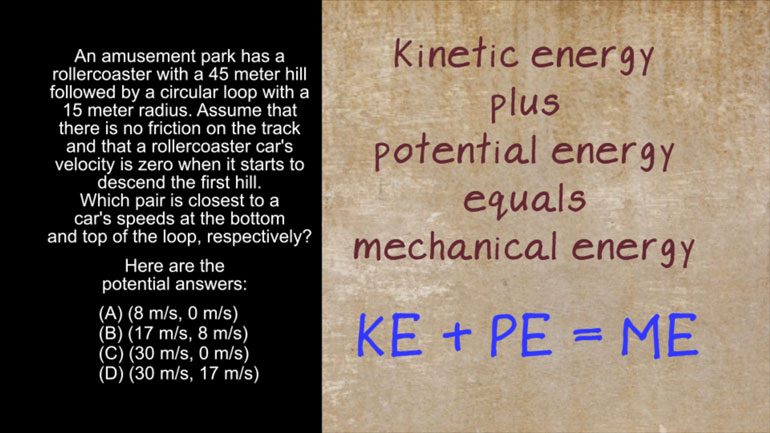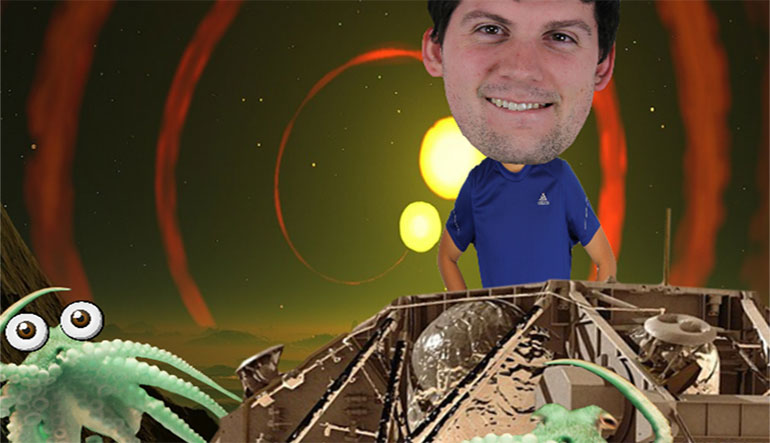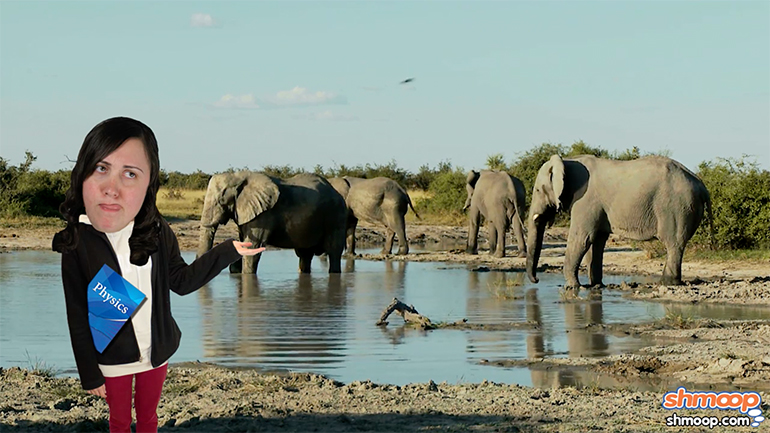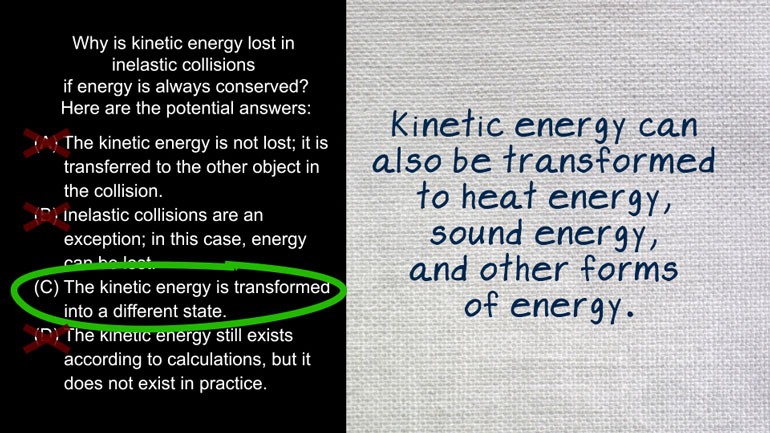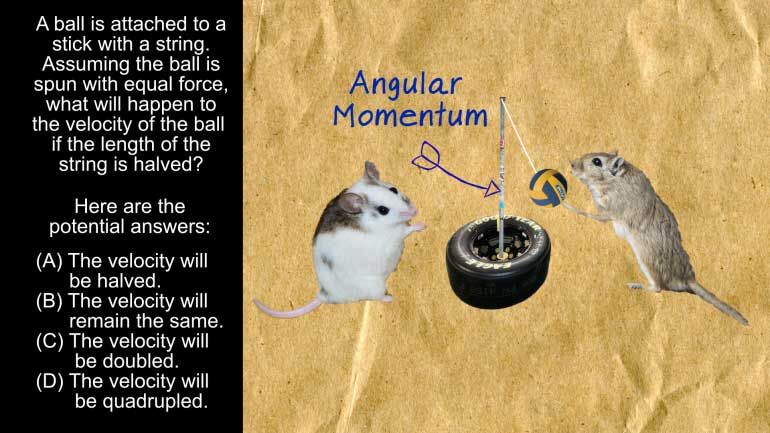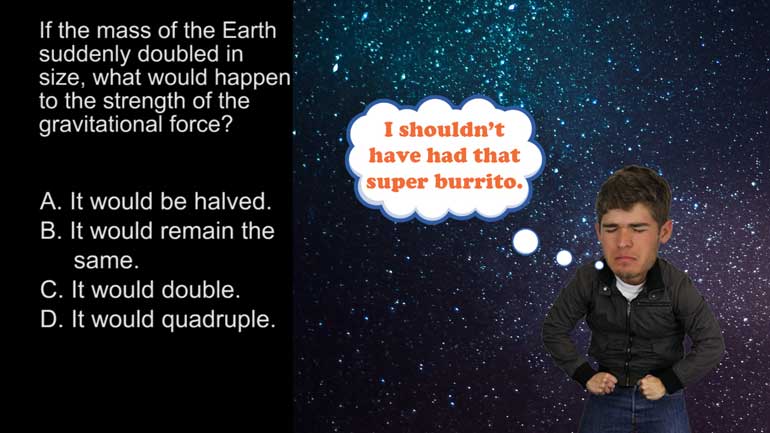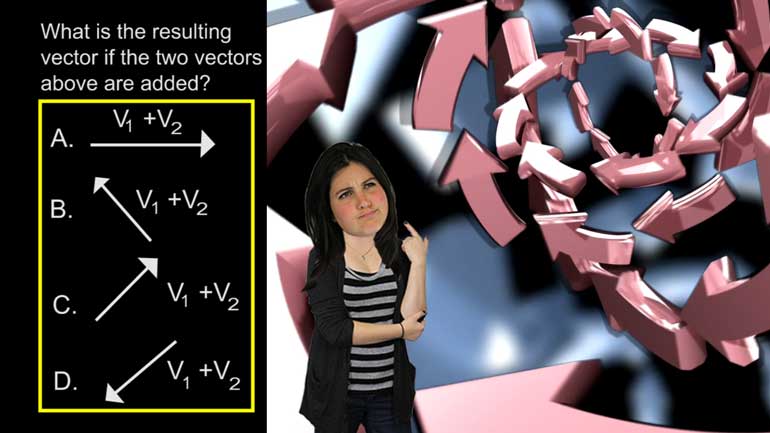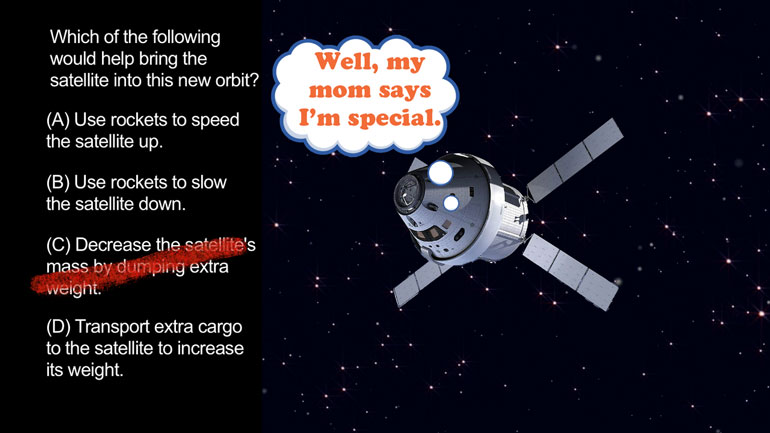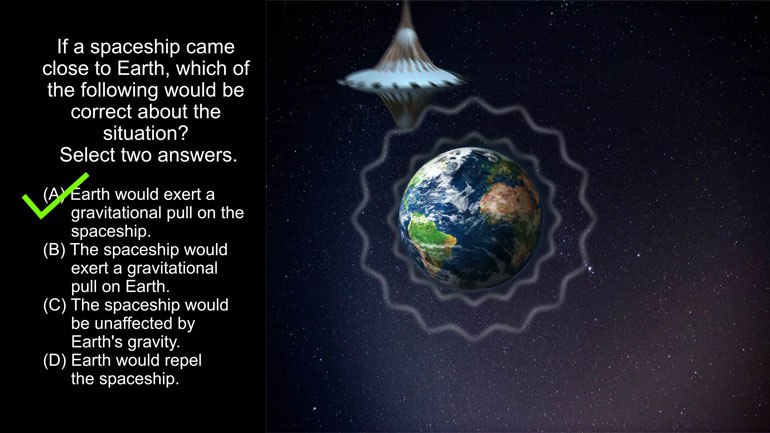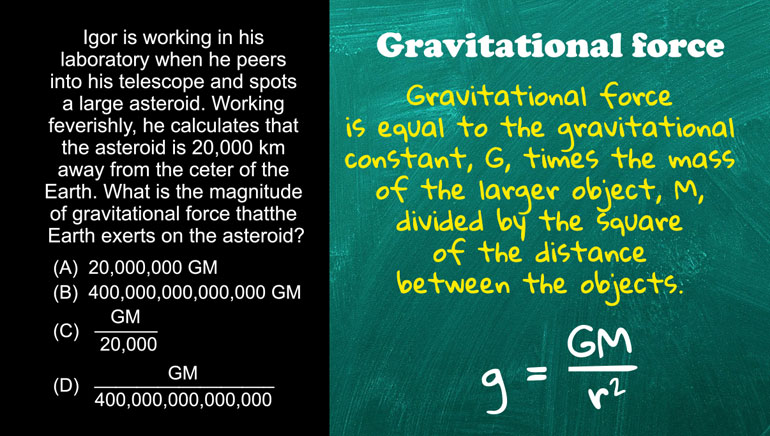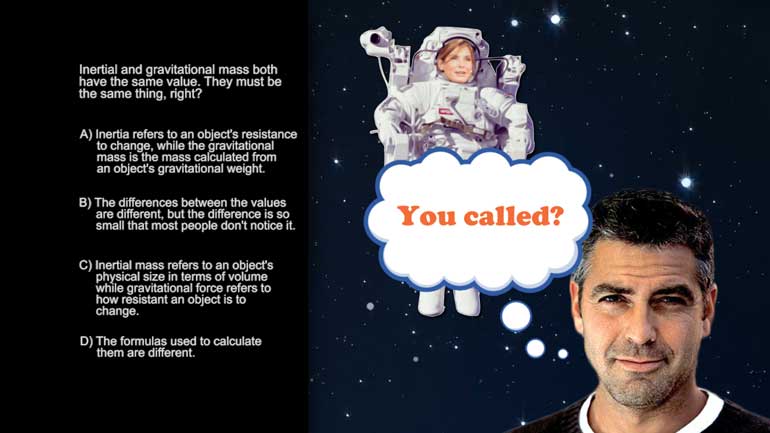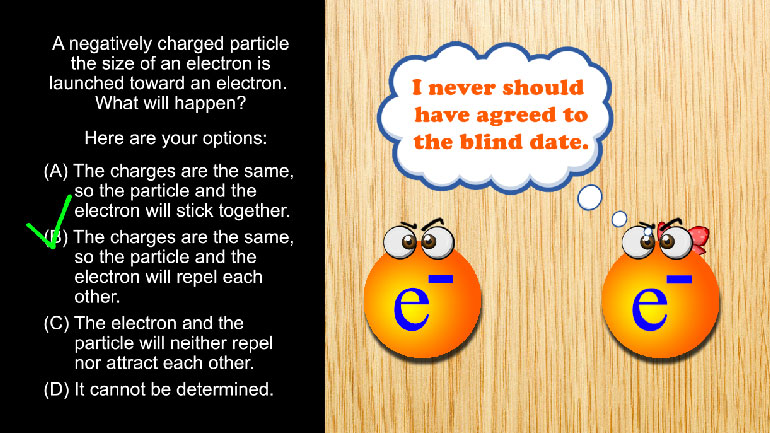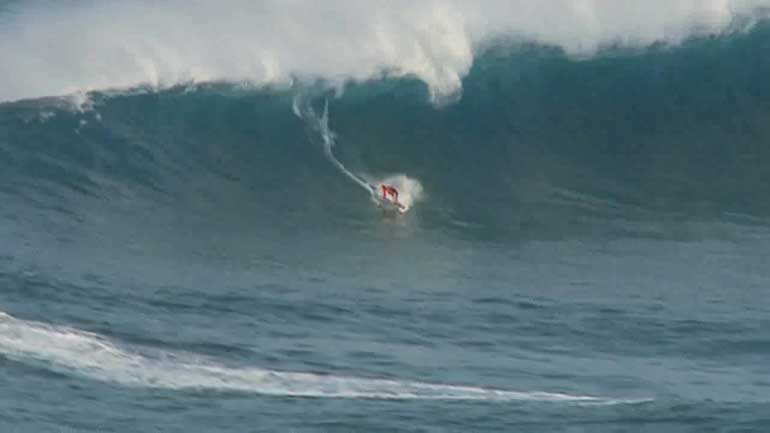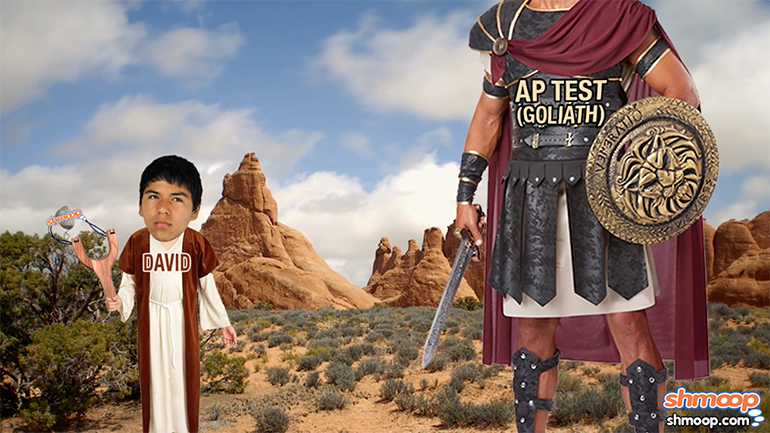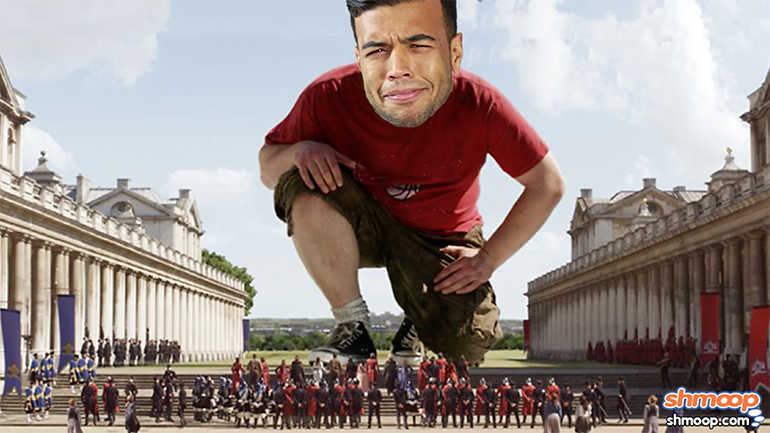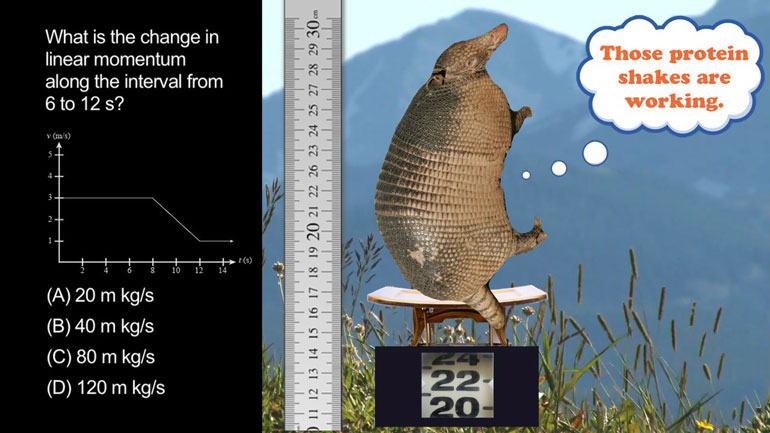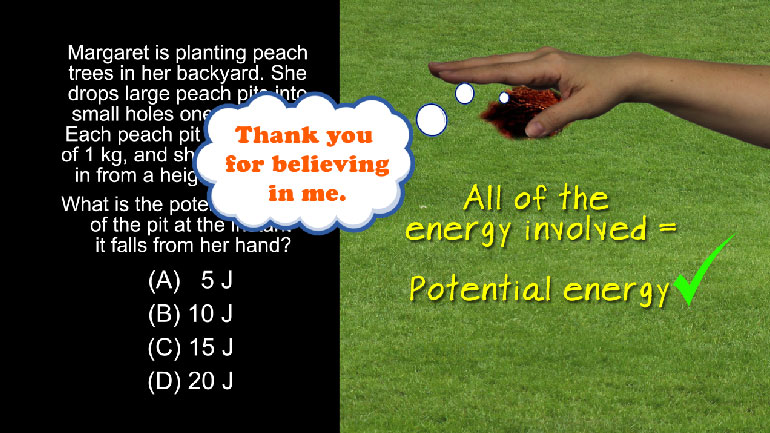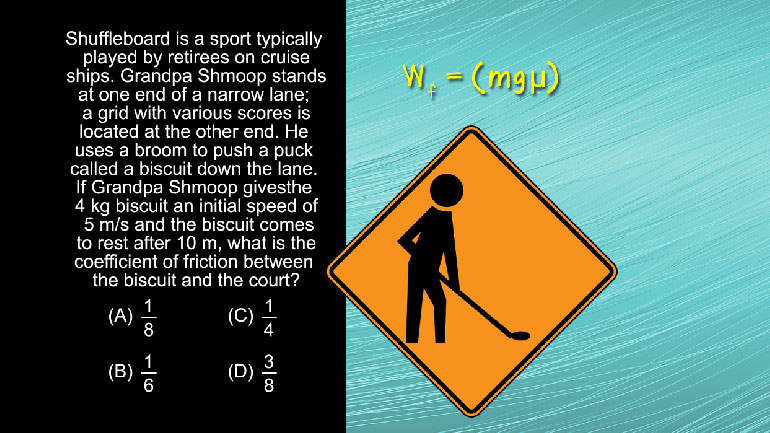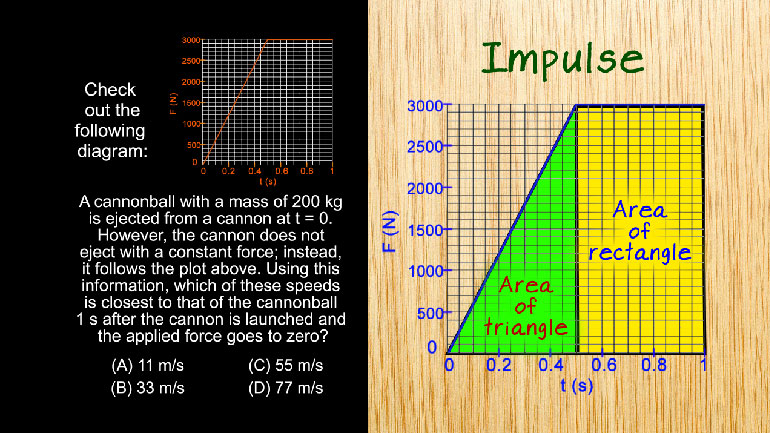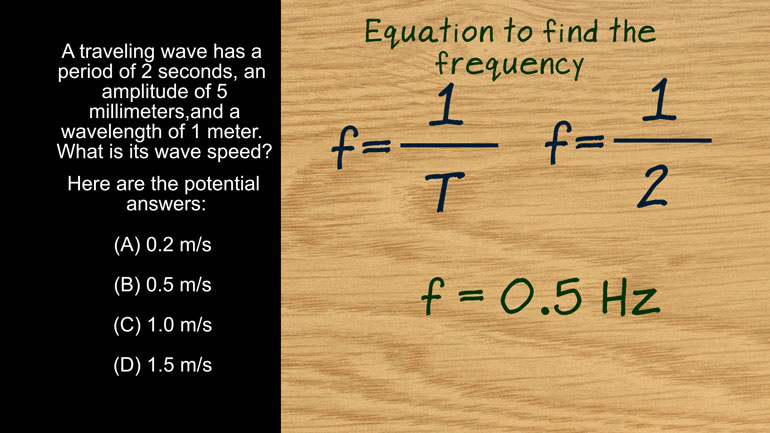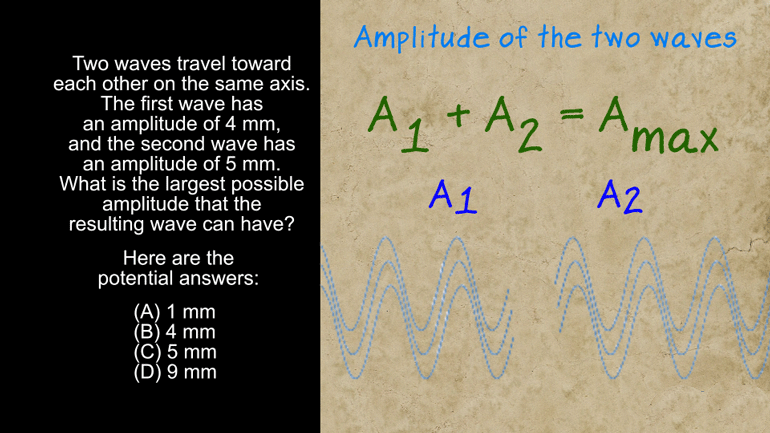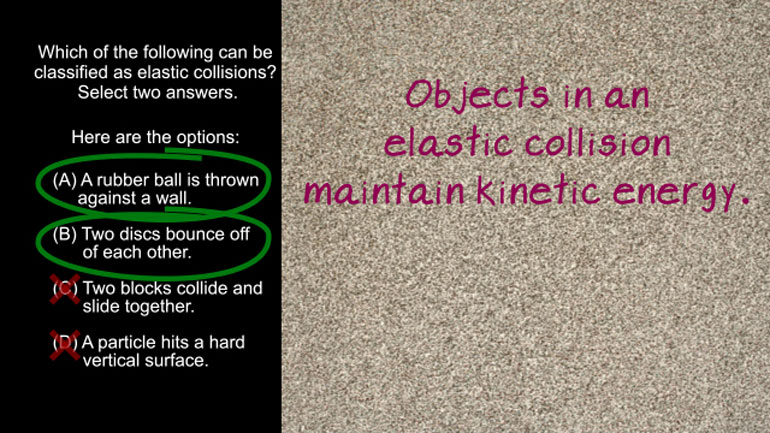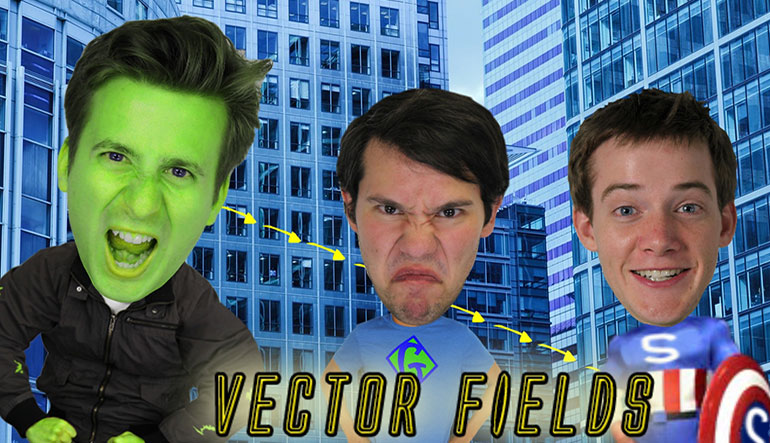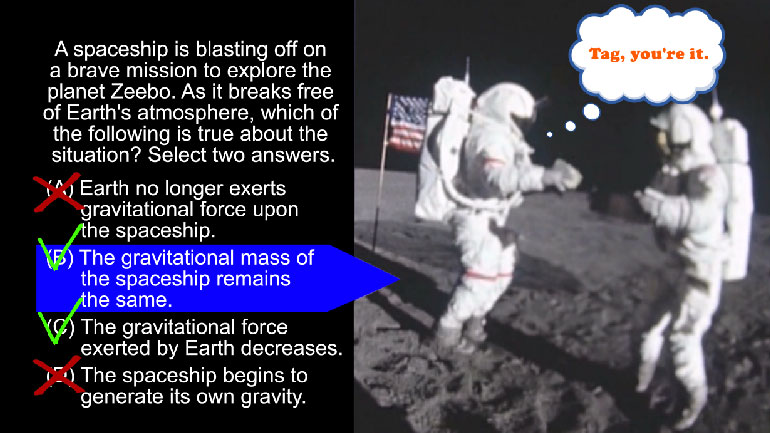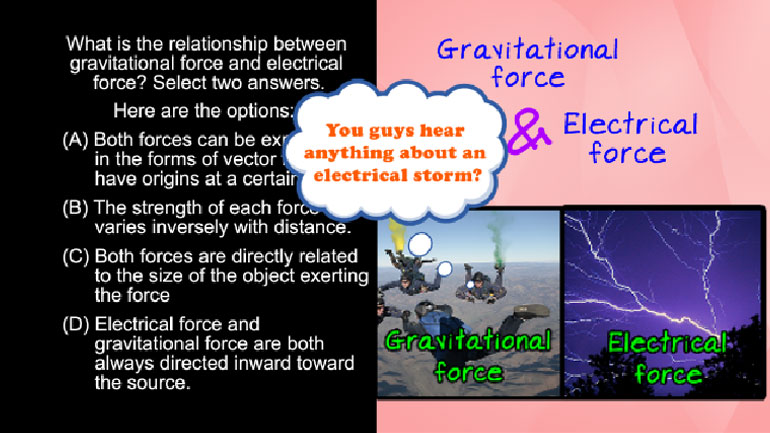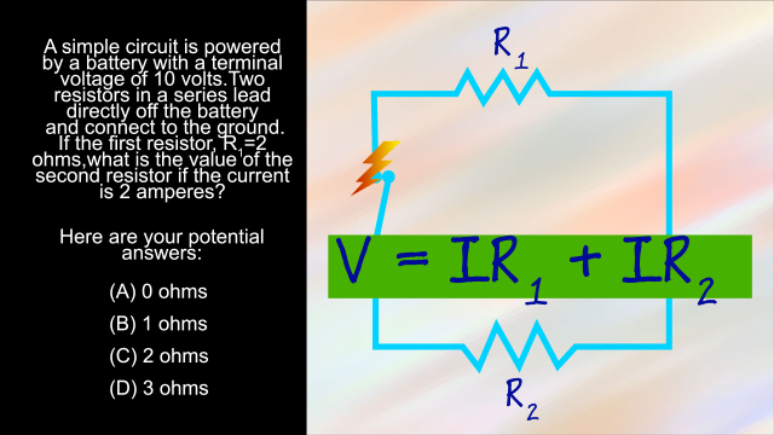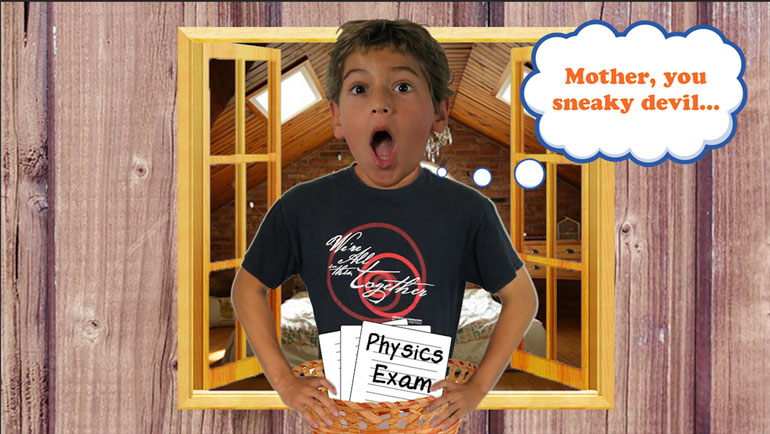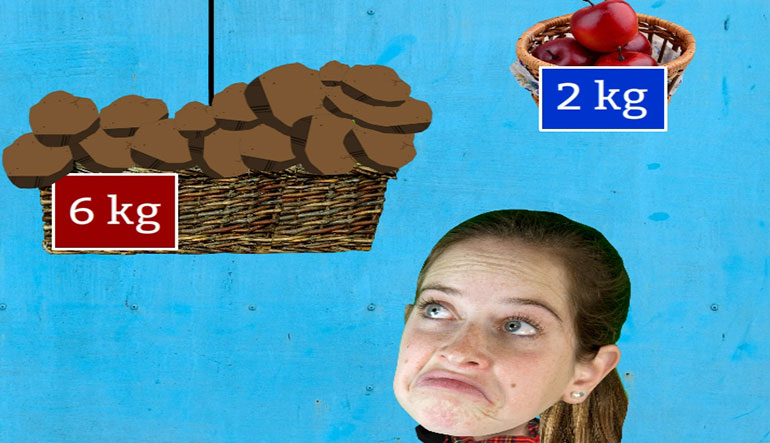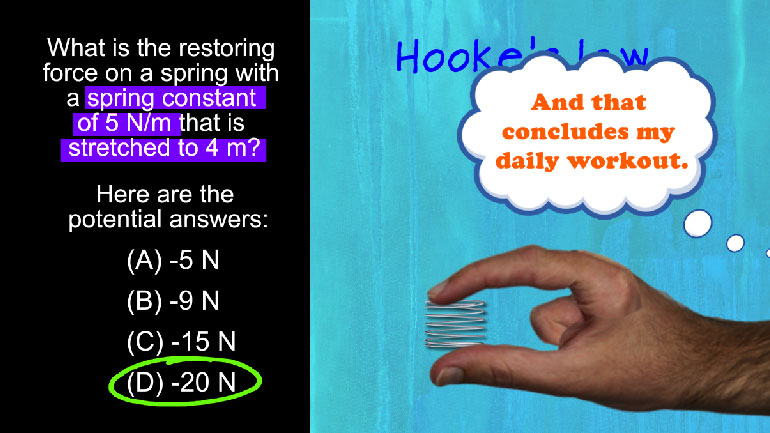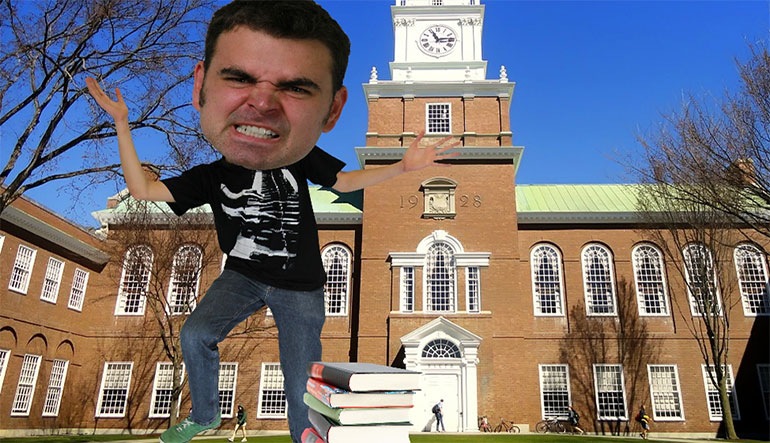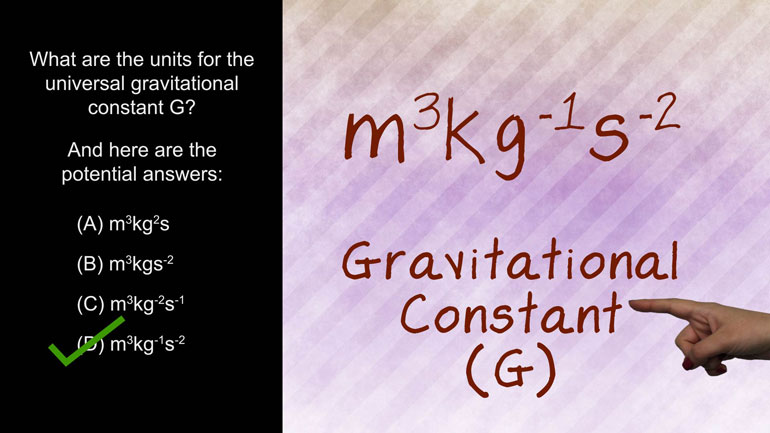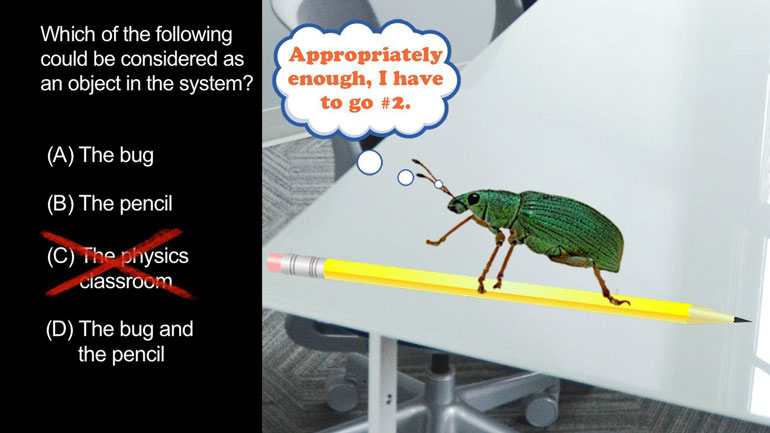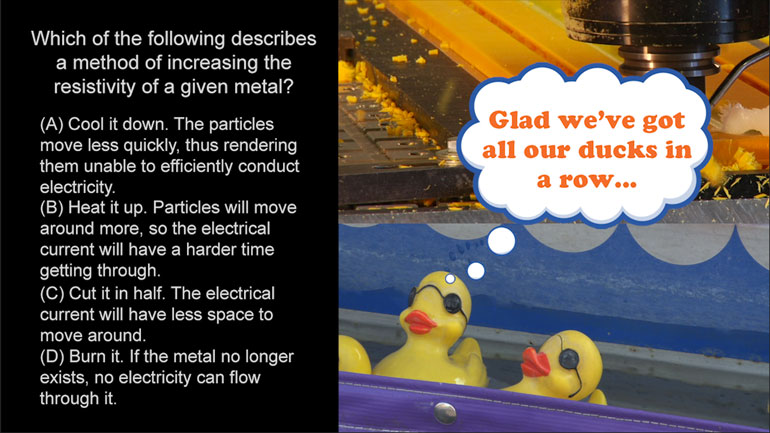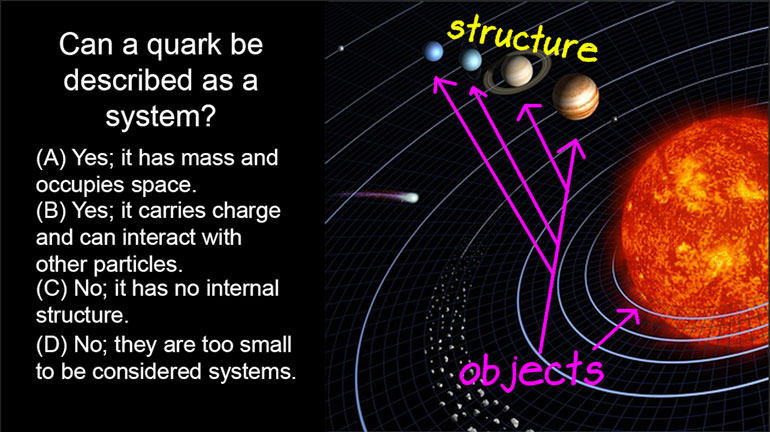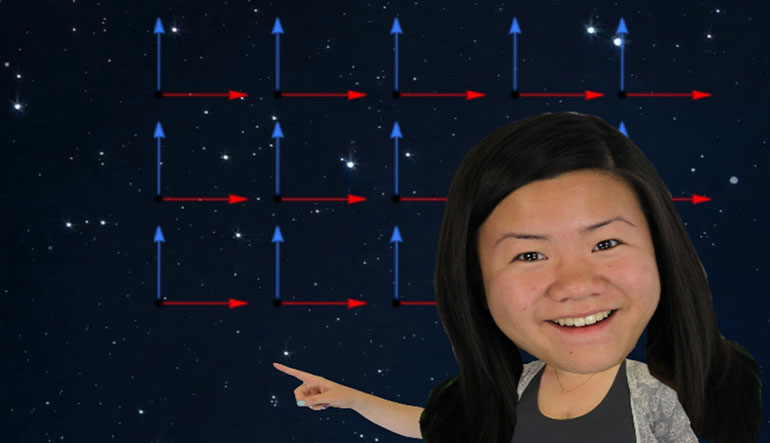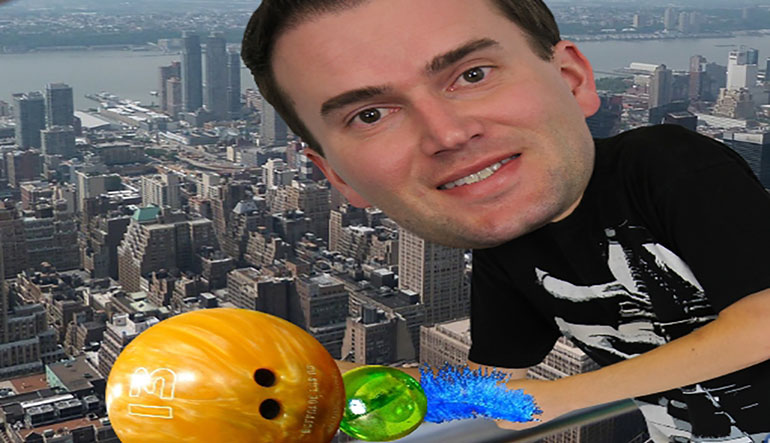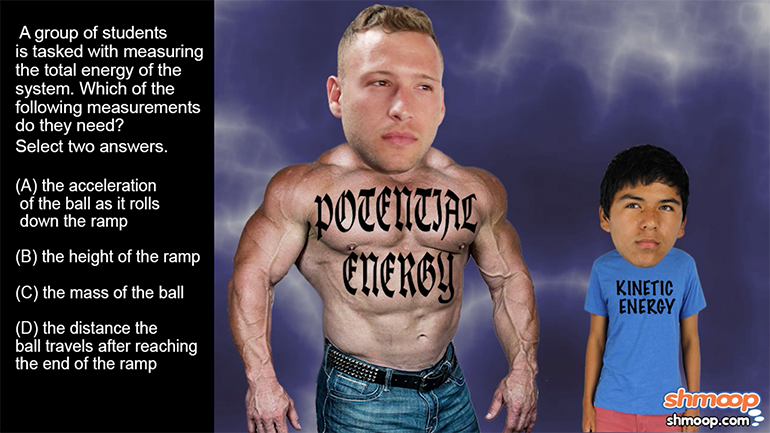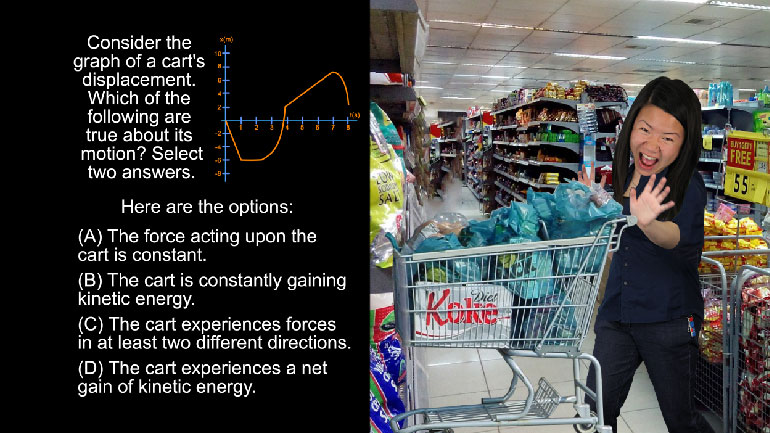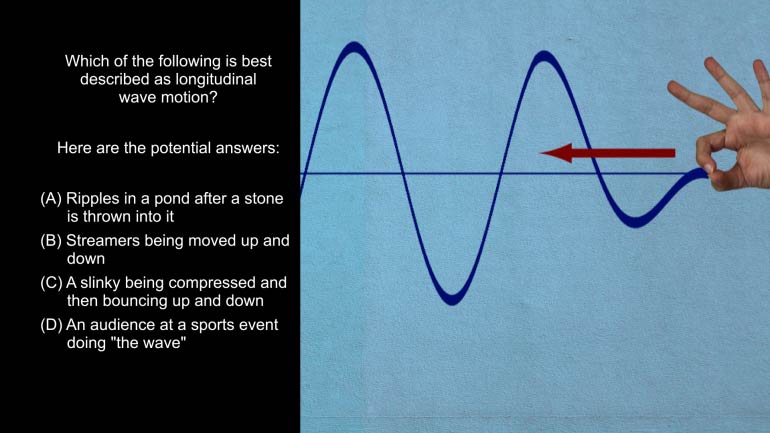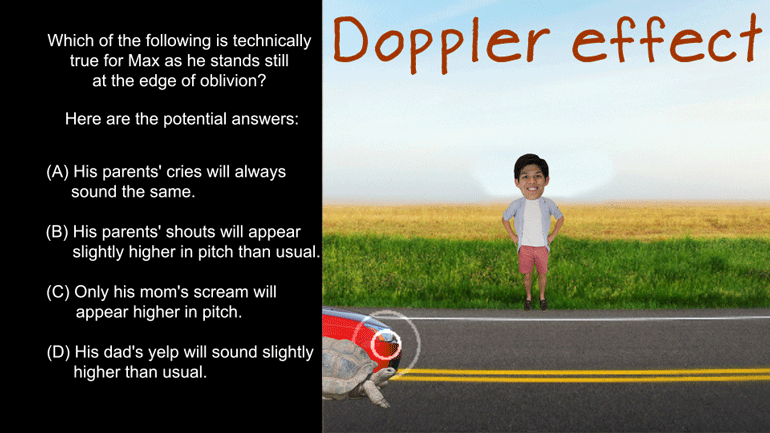ShmoopTube
Where Monty Python meets your 10th grade teacher.
Search Thousands of Shmoop Videos
AP Physics 1 Videos 69 videos
AP Physics 1: 2.4 Changes and Conservation Laws. Which of the following circuits should the students use?
AP Physics 1: 2.5 Changes and Conservation Law. At what point(s) in this situation is energy lost in any form?
AP Physics 1: 3.5 Object Interaction and Forces. Which of the following quantities would need to be known in order to calculate the impulse of the...
AP Physics 1: 3.2 System Interactions and Changes 182 Views
Share It!
Description:
AP Physics 1: 3.2 System Interactions and Changes. Which of the following is closest to the cannonball's speed one second after launch?
Transcript
- 00:00
Thank you We sneak and here's your shmoop du jour
- 00:05
brought to you by cannon balls They're capable of great
- 00:08
destructive force and are also our favorite way to enter
- 00:11
the swimming pool I checked the following diagram Alright a
- 00:15
cannonball with a mass of two hundred kilograms is ejected
Full Transcript
- 00:19
from a cannon at t equals zero However the cannon
- 00:22
does not object with a constant force Instead it follows
- 00:25
the plot above using this information which of these speeds
- 00:29
is closest to that of the cannon ball One second
- 00:33
after the cannon is launched and the applied force goes
- 00:37
to zero All right And here the potential answer who
- 00:40
Good question Ah forced time graph We remember back when
- 00:45
we were young and saw forced time grab for the
- 00:47
first time It was new and scary Now that we're
- 00:50
old and withered We know how to make it work
- 00:52
for us right Well when we see this graph we
- 00:54
know we're dealing with impulse impulses The change in mo
- 00:57
mentum over an interval of time and mo mentum is
- 01:00
equal to mass times the change of velocity To find
- 01:05
the impulse using our force time graph we need to
- 01:07
figure out the area under the curve In our graph
- 01:10
here we could break it into two parts a triangle
- 01:13
and a rectangle Then we calculate the area of each
- 01:16
shape Well we'll tackle the triangle first To get that
- 01:18
we use the formula of one half base times height
- 01:21
Shmoop And then we'll take the area of the rectangle
- 01:27
base times height Well if we add them together we
- 01:33
get a total impulse of two thousand two hundred fifty
- 01:36
newton seconds All right because we now know the impulse
- 01:39
we can plug in our numbers and solve for velocity
- 01:42
right ankle Sometimes be i get to hand him over
- 01:46
to kilograms Let me point you alright so all we
- 01:50
have to do is around eleven point two five down
- 01:52
to eleven and will arrive at our answer option A 00:01:54.72 --> [endTime] That wasn't too bad We owe you
Related Videos
AP Physics 1: 2.5 Changes and Conservation Law. At what point(s) in this situation is energy lost in any form?
AP Physics 1: 1.4 Waves. Which of the following is technically true for Max as he stands at the edge of oblivion?
AP Physics 1: 1.4 Changes and Conservation Laws. Find the current across R2.
AP Physics 1: 2.4 Changes and Conservation Laws. Which of the following circuits should the students use?
AP Physics 1: 1.5 Waves. What can possibly occur when the two waves reach each other?
